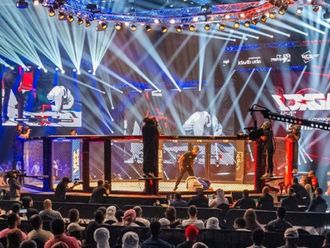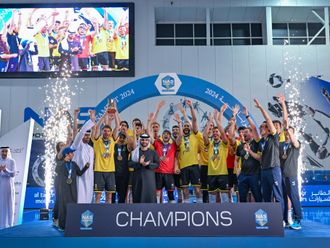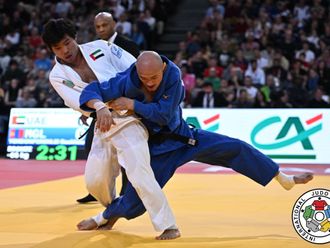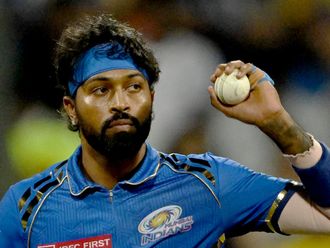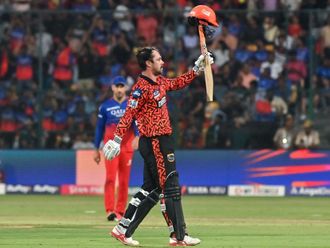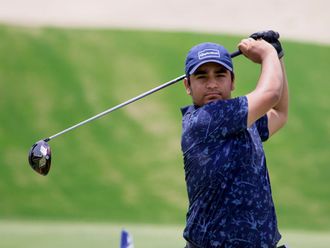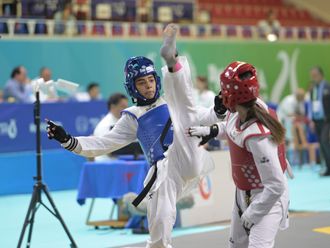In defining the identity of a nation, we look at a number of significant factors including its politics, culture, sociology, history and economics and the progress in all of these elements in comparison with their neighbours. One aspect that is often overlooked — but can so easily reflect the spirit of a nation — is its dedication, integrity, success and passion for sport.
While the classification of sport as the central component for a society may be overstating the case, its attitude towards competition, its will to succeed and the investment in its people is worth considering.
As we experience the successes and failures of life, many lessons can be learnt through sports, such as teamwork, competitiveness and the pursuit of victory and without these basic elements people will survive rather than thrive. And we can see the sporting values that have reflected that message throughout history.
For example, the World Cup has only been cancelled twice in Europe — in 1942 and 1946 in the throes and aftermath of World War II. Despite the catastrophic consequences of the war, Europe reshaped and reinvigorated its sporting culture, emulating the tide of progress, perseverance and reconstruction.
Such defiance and resolve was a result of the need of unity and stability, to rebuild a life of normality. Part of that drive culminated in their participation of the next World Cup held in Brazil, one of the most significant sporting moments in history in terms of resilience.
In view of the UAE’s achievements since the creation of the Union, the government’s passion of developing its people and strengthening their expertise has been crucial to building the nation. To that end, the UAE government has developed unique policies that encourage sports across the country.
This notably resulted in the UAE’s participation for the first time in the finals of the 1990 World Cup, an outstanding achievement that galvanised its citizens and residents.
As for the Emirate of Sharjah, it has proved itself to be a beacon of culture and knowledge and a city that nurtures sport and athletes. This can be attributed to the unlimited support of His Highness Dr Shaikh Sultan Bin Mohammad Al Qasimi, Member of the Supreme Council and Ruler of Sharjah, and his wife Shaikha Jawaher Bint Mohammad Al Qasimi, Chairperson of the Supreme Council for Family Affairs, which reflects the true conviction that sport plays an essential role in the development of a community.
To further deepen this conviction, Sharjah established the Sharjah Sports Council as a leading organiser for the sports movement in the emirate. It has also introduced the Sharjah Sports Family Award, which reaffirms the desire to direct the community’s attention to the importance of sports.
In addition, the emirate has hosted a series of sporting events that highlight the fact that Sharjah is an incubator for athletes from all over the Arab world. For instance, the Arab Women Sports Tournament, has become a magnet for women athletes from around the Arab world.
Strengthening that commitment, the Sharjah Media Corporation has played a vital supporting role through Sharjah Sports TV, which organises the annual Sharjah Ramadan Football Championship, in addition to covering the variety of sporting events held in the emirate and beyond.
This mirrors a sustainable and developmental relationship that combines sport as a driving force for the social renaissance that flourishes in the emirate. In this way, we can recognise the great impact that sport leaves on different societies. The passion and competition we see in sport reflects people’s desire to achieve their goals in life through determination, diligence and fair play.
We can regard sport as a role model of values with all the components that make a decent, successful society and sustain a community who can achieve collective goals through working as the ultimate team.
The author is Director of Sharjah Sports Channel


